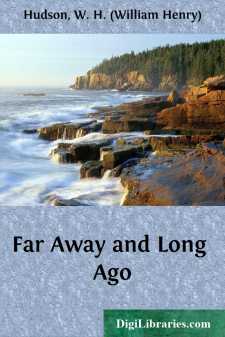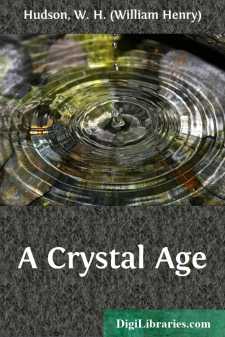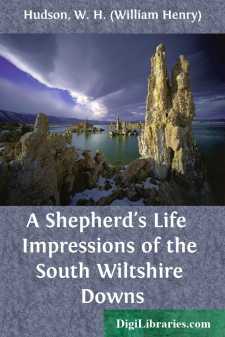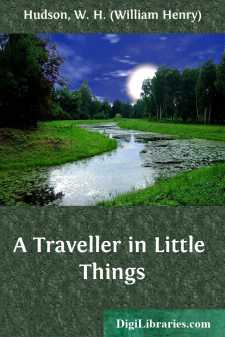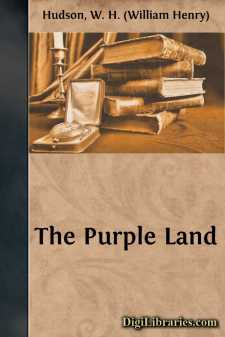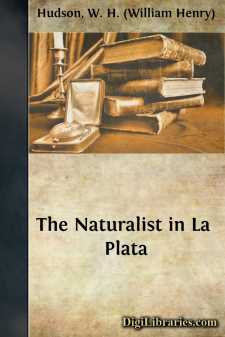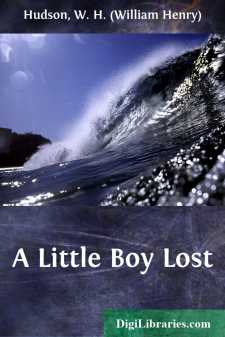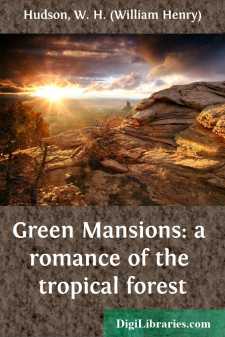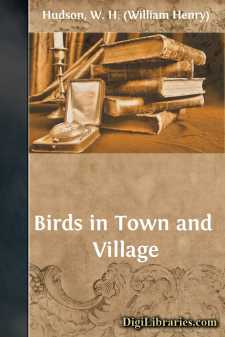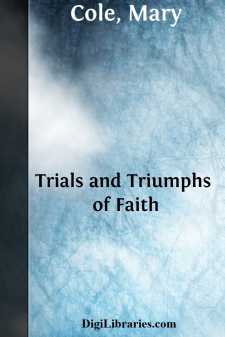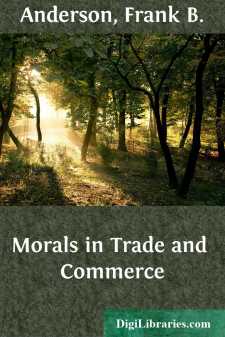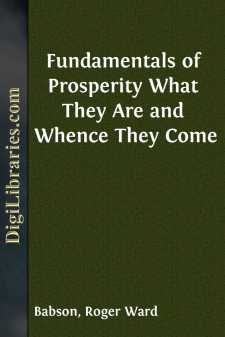Categories
- Antiques & Collectibles 13
- Architecture 36
- Art 48
- Bibles 22
- Biography & Autobiography 813
- Body, Mind & Spirit 142
- Business & Economics 28
- Children's Books 15
- Children's Fiction 12
- Computers 4
- Cooking 94
- Crafts & Hobbies 4
- Drama 346
- Education 46
- Family & Relationships 57
- Fiction 11828
- Games 19
- Gardening 17
- Health & Fitness 34
- History 1377
- House & Home 1
- Humor 147
- Juvenile Fiction 1873
- Juvenile Nonfiction 202
- Language Arts & Disciplines 88
- Law 16
- Literary Collections 686
- Literary Criticism 179
- Mathematics 13
- Medical 41
- Music 40
- Nature 179
- Non-Classifiable 1768
- Performing Arts 7
- Periodicals 1453
- Philosophy 64
- Photography 2
- Poetry 896
- Political Science 203
- Psychology 42
- Reference 154
- Religion 513
- Science 126
- Self-Help 84
- Social Science 81
- Sports & Recreation 34
- Study Aids 3
- Technology & Engineering 59
- Transportation 23
- Travel 463
- True Crime 29
Far Away and Long Ago
Categories:
Description:
Excerpt
CHAPTER I
EARLIEST MEMORIES
Preamble—The house where I was born—The singular Ombu tree—A tree without a name—The plain—The ghost of a murdered slave—Our playmate, the old sheep-dog—A first riding-lesson—The cattle: an evening scene—My mother—Captain Scott—The hermit and his awful penance.
It was never my intention to write an autobiography. Since I took to writing in my middle years I have, from time to time, related some incident of my boyhood, and these are contained in various chapters in The Naturalist in La Plata, Birds and Man, Adventures among Birds, and other works, also in two or three magazine articles: all this material would have been kept back if I had contemplated such a book as this. When my friends have asked me in recent years why I did not write a history of my early life on the pampas, my answer was that I had already told all that was worth telling in these books. And I really believed it was so; for when a person endeavours to recall his early life in its entirety he finds it is not possible: he is like one who ascends a hill to survey the prospect before him on a day of heavy cloud and shadow, who sees at a distance, now here, now there, some feature in the landscape—hill or wood or tower or spire—touched and made conspicuous by a transitory sunbeam while all else remains in obscurity. The scenes, people, events we are able by an effort to call up do not present themselves in order; there is no order, no sequence or regular progression—nothing, in fact, but isolated spots or patches, brightly illumined and vividly seen, in the midst of a wide shrouded mental landscape.
It is easy to fall into the delusion that the few things thus distinctly remembered and visualized are precisely those which were most important in our life, and on that account were saved by memory while all the rest has been permanently blotted out. That is indeed how our memory serves and fools us; for at some period of a man's life—at all events of some lives—in some rare state of the mind, it is all at once revealed to him as by a miracle that nothing is ever blotted out.
It was through falling into some such state as that, during which I had a wonderfully clear and continuous vision of the past, that I was tempted—forced I may say—to write this account of my early years. I will relate the occasion, as I imagine that the reader who is a psychologist will find as much to interest him in this incident as in anything else contained in the book.
I was feeling weak and depressed when I came down from London one November evening to the south coast: the sea, the clear sky, the bright colours of the afterglow kept me too long on the front in an east wind in that low condition, with the result that I was laid up for six weeks with a very serious illness. Yet when it was over I looked back on those six weeks as a happy time! Never had I thought so little of physical pain. Never had I felt confinement less—I who feel, when I am out of sight of living, growing grass, and out of sound of birds' voices and all rural sounds, that I am not properly alive...!


